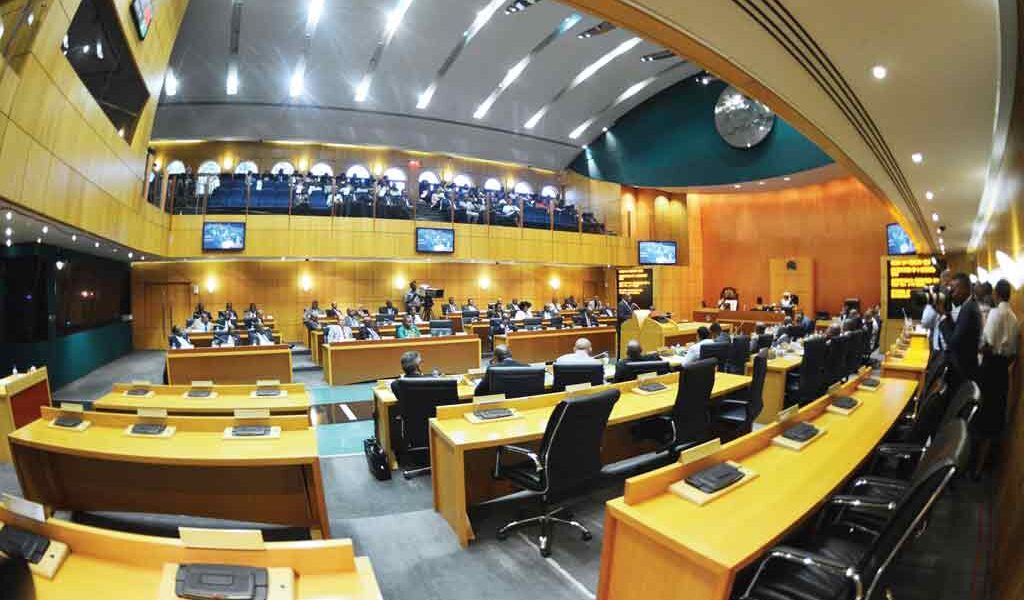Richard Moleofe
Revolutions around the world have always occurred as a result of a longstanding situation that has built up slowly over the years. Once they happen, they are usually very difficult to stop.
A majority of revolutions occur as a result of the growing income gap between the rulers and the masses. Beginning with the Bolshevik Revolution of 1917 in Russia all the way to the Cuban Revolution of 1959, their form and shape has always remained the same. There are several other revolutions too many to mention.
A living example of how a revolution starts is how most of us in this country get our daily breakfast of sorghum meal. First, one has to initiate a process of fermentation by introducing the element (pidisetso) into the container. The element has to work in the right way when all conditions are right. Humidity and warmth are the right essentials to get the fermentation process working.
In the case of Botswana, the BDP government has this week shown the nation its true colours. This has happened by way of introducing several draconian pieces of legislation in parliament. The new electoral law is the worst in as far as I see things.
Not only were these laws draconian, but rather they hijacked our legislative system for their own ends. The laws were adopted in the early hours of the morning when all of these folks were very drowsy and somnolent.
What happened in South Africa last week as they had their local government elections has had a direct effect on our parliament. Like the ANC, the BDP as a ruling party has been engulfed by high levels of arrogance and pomposity. Since the ANC has paid for this heavily, the BDP here is scrambling for cover under hastily passed laws to try and avert similar embarrassment.
The electronic voting machines is one of the ways that has been forced through into our throats. The BDP has not seen it necessary to take the matter to the population. The electoral changes are so serious that it required a national referendum.
We once participated in a referendum that required us to adjust the retiring age of judges. At the time the nation was even perplexed by the referendum as it required us to have input in the appointment of a Puisne Judge, a judge on a temporary or short term appointment. The public went into the referendum with some form of reluctance because we all thought this was rather a labour issue that should have been settled administratively.
Can I solicit for a legal opinion from Ndulamo Morima on this matter? We certainly need to find a way out of this quagmire. There must be a way out of what the ruling party is putting us through. As a layperson in as far as the law is concerned, I think the way forward for the opposition is to approach the courts of law.
The judges may just rule in favour of the opposition and reverse the decision to use electronic machines for our next general elections. Still there is little hope of success in the courts because the BDP has been rattling the judiciary to try and tame it. However, this legal process needs to be followed through to the chambers of the Court of Appeal because the foreign judges seating there might just prevail.
Since supplementary voting has been trashed into the dust bin of history by our ruling party MPs, it opens avenues for legal challenges by the many that will be disenfranchised by this new abolition.

